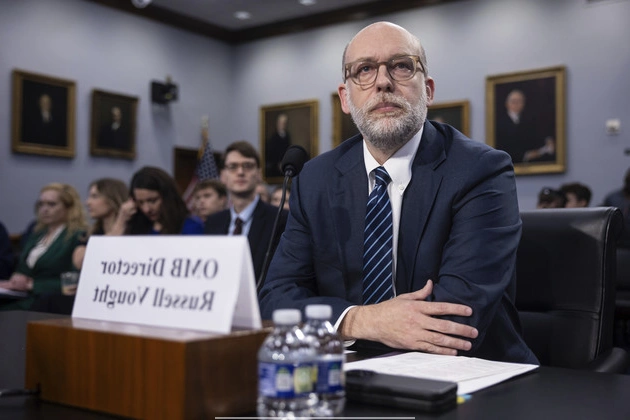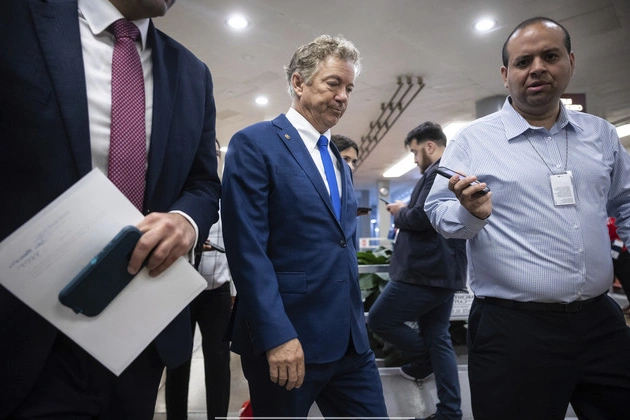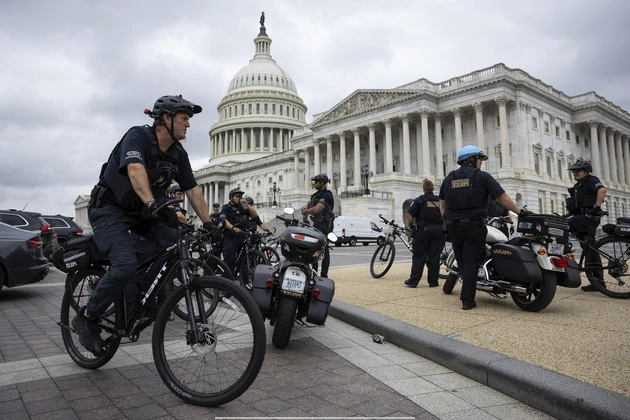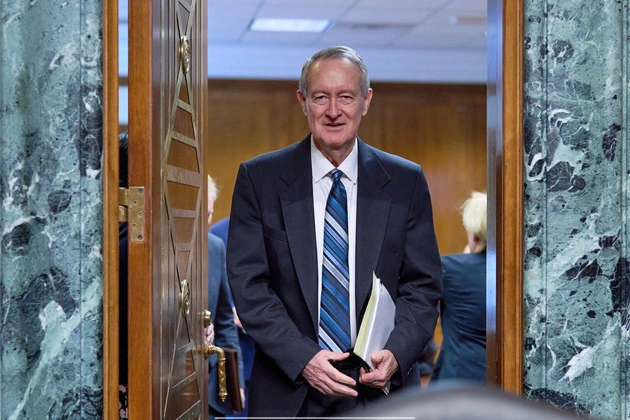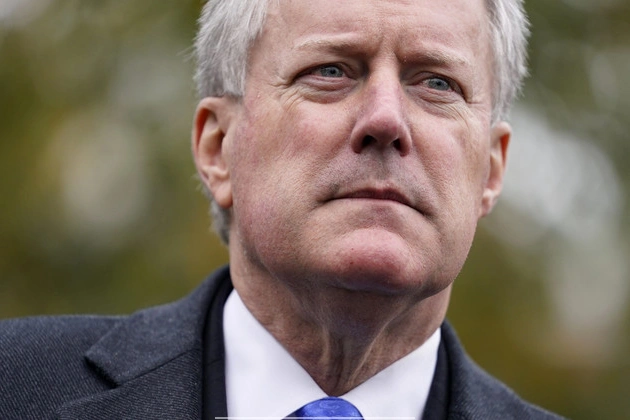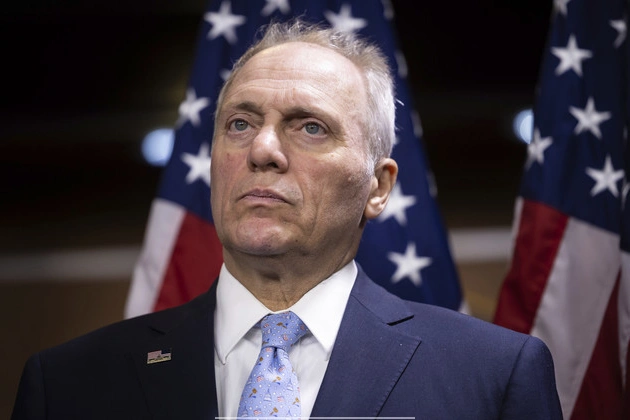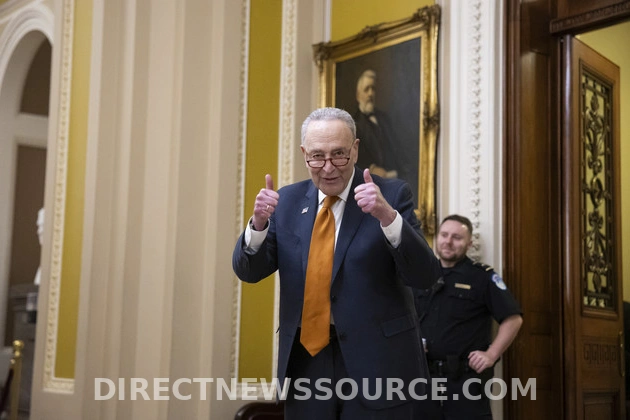
In a significant move, the Senate approved a funding patch early Saturday, surpassing $110 billion in disaster relief to prevent a government shutdown and conclude the 118th Congress.
The bill’s final approval, following the House’s endorsement on Friday evening, marks the end of a turbulent week on Capitol Hill. Speaker Mike Johnson navigated last-minute requests from President-elect Donald Trump and Elon Musk, amid backlash from congressional Democrats essential for passing funding bills amidst conservative resistance. While the speaker abandoned an initial bipartisan agreement under pressure from Trump and Musk, he did not meet the president-elect’s demand to raise the debt limit.
Key Highlights of the Funding Patch
The resulting spending patch retains elements of the initial bipartisan deal, maintaining current government funding levels until March 14. It also includes over $110 billion in disaster relief and extends the farm bill’s agricultural and food policies for one year. However, more than 1,000 pages of policy were removed from the bill at the behest of Trump and Musk. This included measures such as restrictions on U.S. investments in China and regulations on deceptive event ticket advertising and pharmacy benefit managers.
Congressional Democrats, critical of how the two billionaires influenced Republicans to backtrack on the agreement, mostly supported the package eventually.
Senator Chris Murphy (D-Conn.) emphasized the exclusion of provisions unfavorable to billionaires and corporations from the final bill before voting in its favor.
Smooth Senate Resolution
Following chaotic developments in the House leading up to the government shutdown deadline, the Senate promptly acted once the bill reached their chamber. Senator Tommy Tuberville (R-Ala.) urged swift action, emphasizing President Trump’s endorsement of the bill.
Senate leaders secured approval from all 100 senators to expedite the measure, narrowly missing the midnight deadline without impacting government operations.
Policy Omissions and Industry Concerns
Many Republicans, along with their Democratic counterparts, expressed disappointment over omitted policies due to Trump and Musk’s interventions. These exclusions included the approval for year-round sale of E-15 gasoline and the enforcement of removing revenge porn and non-consensual intimate imagery from social media platforms.
Senator Ted Cruz (R-Texas) clarified that the removal of social media policy was unrelated to Musk and Trump’s ownership of major social media companies.
Industry lobbying influenced the elimination of regulations targeting pharmacy benefit managers, leading to bipartisan frustration.
Disaster Relief and Funding Clarity
The bill unlocks substantial emergency funding for areas affected by Hurricane Helene, Hurricane Milton, wildfires, and severe flooding nationwide. The Small Business Administration’s disaster loan program, depleted in mid-October, resumes support for businesses and homeowners in disaster-stricken regions.
Senator Thom Tillis (R-N.C.) lamented delays in refilling the disaster loan program but acknowledged the bill’s significant disaster aid allocation as crucial for recovery efforts.
Looking Ahead
The new funding deadline until mid-March sustains current budgets for defense and non-defense agencies, paving the way for the incoming Trump administration’s involvement in finalizing fiscal 2025 arrangements.






